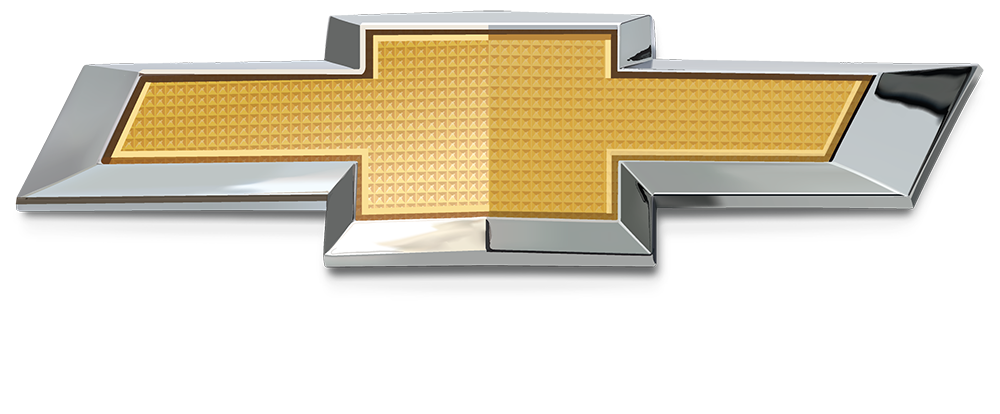IS YOUR CHEVY UNFIXABLE?
GET A CHEVROLET LEMON LAW ATTORNEY
If your Chevy has repeated problems that won’t go away, we can help.
Contact us for Chevy Lemon Law Help and questions you have about your potentially defective vehicle. Should you decide to go forward with a Chevrolet lemon law case, we offer free legal representation. As a matter of fact, you could get cash compensation, a vehicle replacement or a buyback under the California Lemon Law.
Think You Have A Lemon?

Top 8 Chevrolet Lemon Issues
Chevrolet produces several models, including the Chevy Silverado, Chevy Camaro, Chevy Malibu and Chevy Bolt EV. Chevrolet owners and lessees should look out for the following signs:
- The “Chevy Shake”
- Excessive Oil Consumption
- Sudden Jerking While Driving
- Transmission Failure
- Check Engine Light Turns On
- Hard Up and Down Shifting
- Fluid Leaks: Motor Oil, Steering Oil, Coolant Fluid, Transmission Fluid
- Sudden Deceleration
If these symptoms or other vehicle problems repeatedly appear, your Chevrolet may be a lemon. Several lemon law claims and class action cases were filed against Chevrolet for these issues. If your Chevy has shown these issues and your dealership or auto repair shop couldn’t fix them, consult a Chevrolet lemon law attorney to discuss legal remedies from your auto manufacturer.
Get a Free Case Review
Chevrolet Lemon Law Litigation
Several class action lawsuits have been filed against Chevrolet for issues that make these vehicles unsafe to drive. Alleged defects include “Shift To Park” defects, violent shaking, excessive oil consumption, faulty drive shafts and transmission problems. If your Chevy is included in one or more of these class action lawsuits, we can help you opt out and pursue an individual lemon lawsuit. By pursuing an individual lemon law claim, you could sue for charges specific to your situation and potentially recover a far more substantial cash settlement.
Chevy “Shift to Park” Problem
A Chevrolet class action lawsuit alleges that 2016–2019 Chevy Malibu, 2016–2019 Chevy Volt, 2018–2019 Chevy Traverse and 2019 Chevy Blazer vehicles did not detect when drivers shifted the gear into “PARK.” These Chevy vehicles display GM’s “Shift to Park” error message on the instrument cluster even when the gear shift is already in “PARK.” Chevy drivers attempt to trick the vehicle into detecting the gear shift in PARK by wiggling the shifter, shifting through the gears again, or by restarting the engine.
Chevy Shake
If your Chevy shakes violently while driving, you may have a vehicle defect called the “Chevy Shake.” As early as 2014, drivers noticed the “Chevy Shake” defect in their cars, trucks or SUVs shook violently while driving more than 35 miles per hour.
Chevy Drive Shaft Problems
A Chevy Shake class action suit alleges that many 2015 or newer Chevrolet Silverado, Suburban and Tahoe vehicles experience severe vibrating as a result of aluminum drive shafts. This shaking causes drivers to lose control of the vehicles. Over time, these aluminum drive shafts deteriorate and drop to the ground, rendering these Chevy lemon vehicles undrivable.
Chevy 8-Speed Transmission Defect
A Chevy class action lawsuit alleges that two models of 8-speed transmissions – 8L90 and 8L45 transmissions – cause lurching, shaking and shuddering in many 2015 or newer Chevrolet vehicles. The alleged Chevy transmission defects cause slipping, bucking, kicking, jerking and harsh engagement, as well as erratic performance and acceleration issues.
Chevy Bolt Battery Defect
Battery fires have prompted a total recall of every Chevrolet Bolt EV and Bolt EUV from 2017 onward. The battery fires were caused by one of two defects: a torn anode tab, and a folded separator. The anode tab is a part of a negative electrode that allows the cell to be wired to a group of battery cells. The folded separator is a thin sheet that separates the anode and the cathode (positively charged electrode).
Defective Chevy Ecotec Engines
According to a lawsuit that General Motors settled for at least $40 million, 2010–2013 Chevrolet Equinox vehicles have been equipped with defective Ecotec engines that cause high oil consumption.
Chevy Diesel Fuel Injection Pumps
A class action lawsuit filed against General Motors in 2020 alleged that Bosch-supplied fuel injection pumps were designed for European diesel and, as a result, malfunction in vehicles that run on American diesel.
These pumps, known as CP4 pumps, allegedly run dry and destroy themselves if given American diesel for too long. Affected Chevrolet models include the 2011–2016 Chevrolet Silverado 2500HD, 2011–2016 Chevrolet Silverado 3500HD and 2010–2011 Chevrolet Express vehicles.
Chevy Duramax Diesel Litigation
A separate lawsuit targeting Chevrolet’s diesel vehicles alleges that General Motors conspired with Bosch to equip 2011–2016 Chevy Silverado 2500 HD and 3500 HD trucks and other GM vehicles with cheating software that allowed the polluting trucks to pass federal and state emissions tests. The Duramax Diesel Litigation, which started in 2017, alleges that some 705,000 GM diesel vehicles on the road are emitting several times the legal limit of pollutants and toxic gases such as nitrogen oxide (NOx).
Defective Ignition Switch
The most prominent case of misconduct on the part of Chevrolet’s parent company was the defective ignition switch scandal linked to several lawsuits and the deaths of more than 100 consumers. The ignition switches in some General Motors vehicles, particularly the Chevrolet Cobalt, were known to shut off engines and disable air bags and brakes. General Motors recalled over 30 million vehicles globally in 2014.
Along with its Chevrolet division, General Motors also controls Cadillac and GMC. Read the other division pages to learn more about General Motors’ misconduct via its other brands and discover if you have a Chevy lemon law case.


